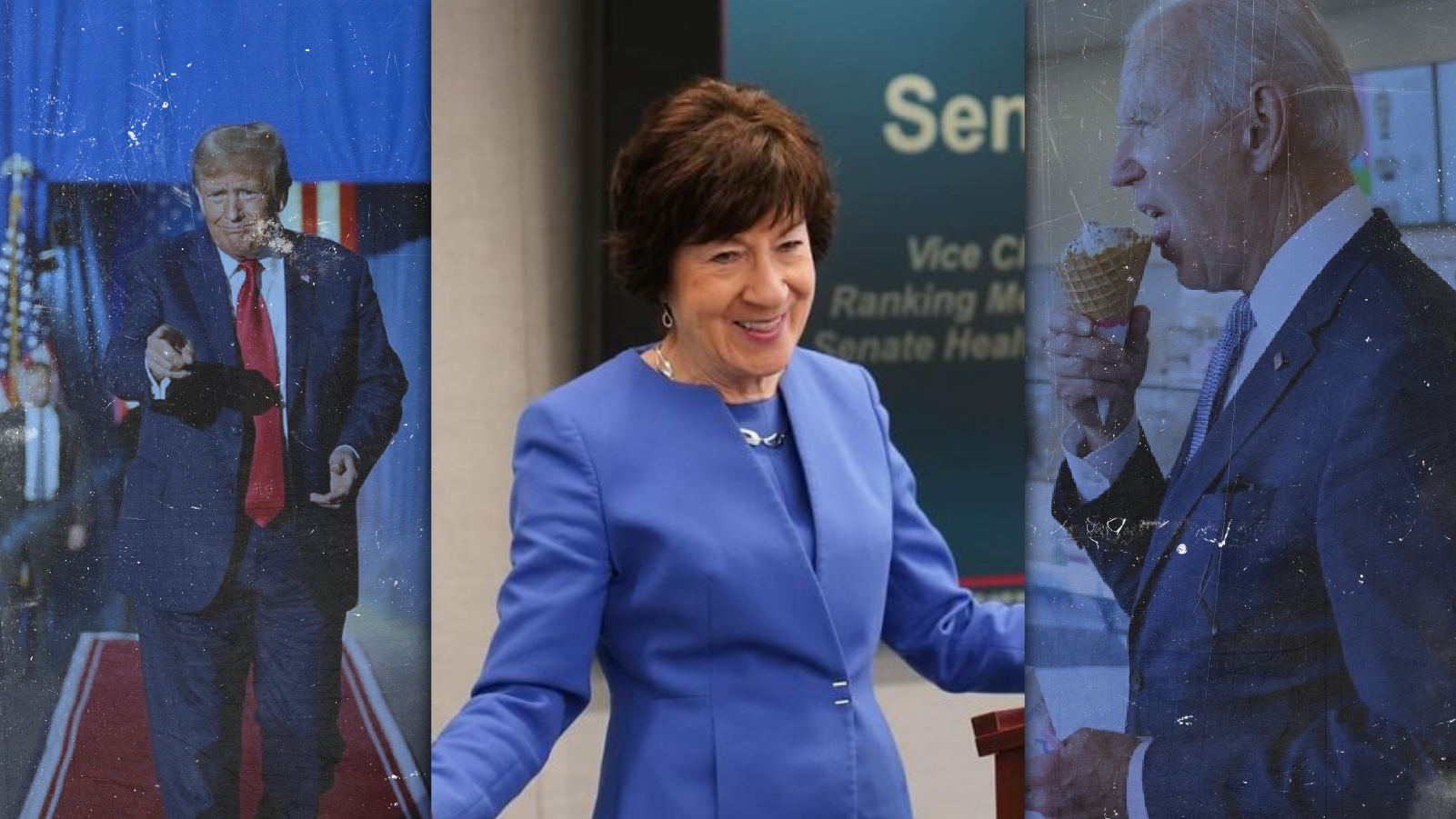A majority of Medicare recipients have given President-elect Donald Trump their vote of confidence, a new survey from eHealth revealed.
In the survey of more than 500 Medicare recipients, 72 percent said they were confident that Trump will prioritize their needs.
In the report, the top three priorities for those on Medicare were lowering drug costs, lowering out-of-pocket expenses and strengthening Medicare Advantage.
“Whereas some Republican administrations of the past have been seen as a threat to the federal government’s social safety net programs, the first Trump administration was viewed by many as populist in its support of funding and maintaining entities like Medicare,” Alex Beene, a financial literacy instructor for the University of Tennessee at Martin, told Newsweek.
“The obstacles for the administration will be how some legislators will want to match proposed tax cuts with slashing Medicare spending and how disorderly Medicare Advantage has become.”
Allison Robbert-Pool/Getty Images
Many seniors are facing higher prices on Medicare premiums. According to eHealth, $34 was the average monthly premium for Medicare Part D in the first half of the year’s annual enrollment period, an increase of 17 percent over last year’s average $29 premium.
Shopping for a Medicare plan is confusing for 88 percent of beneficiaries. Notably, they struggled with understanding what’s covered, making sense of co-pays and deductibles and knowing whether their preferred doctors and hospitals are covered.
Over the last two years, many Medicare Advantage private insurers drastically cut their plans or pulled out of markets, so stabilizing the program could require Trump to make insurers feel they’re getting an adequate return on their investment from the federal government.
“Many Medicare recipients’ express confidence in Trump due to his focus on reducing drug prices during his presidency,” Kevin Thompson, a finance expert and founder and CEO of 9i Capital Group, told Newsweek.
“He signed executive orders introducing most-favored-nation pricing, which aimed to tie Medicare costs for certain drugs to the lowest prices paid by other developed nations. This effort targeted reductions in costs for Medicare Part B and Part D beneficiaries and signaled a commitment to addressing the financial burden of prescription medications.”
If Trump’s policies are successful, he could reduce out-of-pocket expenses for beneficiaries and improve the affordability of high-cost medications, Thompson said, but there are still concerns.
“They also carry risks, including potential strain on the Medicare Trust Fund and challenges in care access if provider reimbursements are reduced,” Thompson said.
Trump’s Medicare Nomination
Trump on Tuesday announced the nomination of Dr. Mehmet Oz as Centers for Medicare & Medicaid Services administrator.
The Dr. Oz TV personality previously pushed for a privatization of Medicare, which would mean all seniors sign up for a Medicare Advantage plan from private insurers instead of the traditional public Medicare option.
To fund this, Oz has called for a 20 percent payroll tax. That type of tax hike has many concerned that low- and middle-income Americans would be responsible for funding the private insurers.
“It will be interesting to see if given these complications in some of the United States’ biggest health care markets, Dr. Oz will change his original stance on Medicare Advantage being expanded or continue to push for more costs to be offloaded from the public to the private sector,” Beene said.
Oz and his wife own up to $550,000 in stock in UnitedHealth Group and up to $50,000 in CVS Health. Both insurers make substantial revenue from Medicare Advantage plans, which are the private plans Oz has historically pushed for patients.
“America is facing a Healthcare Crisis, and there may be no Physician more qualified and capable than Dr. Oz to Make America Healthy Again,” Trump said in a statement.
“He is an eminent Physician, Heart Surgeon, Inventor, and World-Class Communicator, who has been at the forefront of healthy living for decades. Dr. Oz will work closely with [Health and Human Services secretary nominee] Robert F. Kennedy Jr. to take on the illness industrial complex, and all the horrible chronic diseases left in its wake.”

















